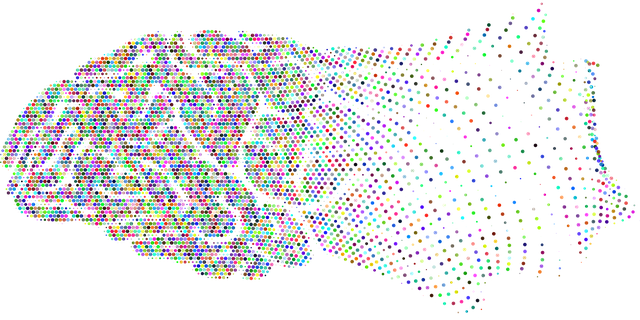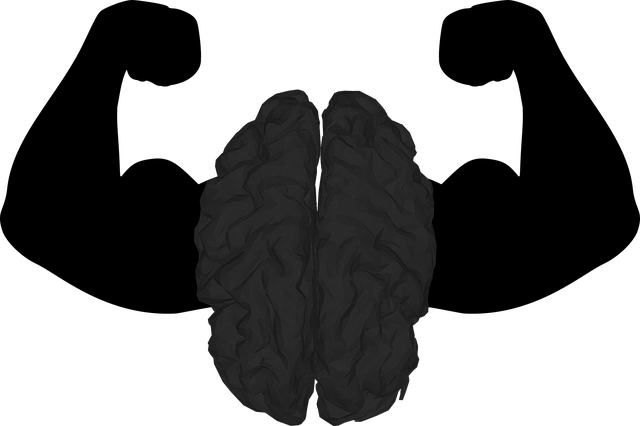Resilience is key to navigating OCD challenges in Louisville, with Recovery-Focused Management (RFM) offering a powerful framework. RFM personalizes coping mechanisms by analyzing risks, factors, and strengths, encouraging active participation in recovery. This approach combines evidence-based practices with resilience-building exercises for symptom reduction, improved well-being, and burnout prevention. Structured resilience-building techniques like journaling and mindfulness meditation empower individuals to confront OCD distressing situations proactively, cultivating inner strength and confidence. Louisville OCD therapy benefits from RFM's holistic approach, addressing mental health stigma and provider burnout while enhancing overall mental wellness.
Resilience is a vital asset in navigating life’s challenges, and RFM (Resource, Flexibility, and Mastery) theory offers a powerful framework for building it. This article explores how understanding RFM can empower individuals to cultivate resilience, especially those seeking Louisville Obsessive Compulsive Disorder (OCD) therapy. By analyzing resilient behaviors and implementing targeted exercises, readers will discover practical strategies to enhance coping mechanisms and foster a more adaptable mindset. Learn how these techniques can transform struggles into opportunities for growth.
- Understanding RFM and Its Role in Resilience Building
- Identifying Resilient Behaviors through RFM Analysis
- Implementing Effective Exercises for Resilience Enhancement
- Louisville OCD Therapy: Incorporating RFM to Strengthen Coping Mechanisms
Understanding RFM and Its Role in Resilience Building

Resilience is a key component in overcoming challenges and managing mental health conditions, such as Obsessive Compulsive Disorder (OCD) in Louisville. RFM, or Recovery-Focused Management, is a powerful framework that plays a pivotal role in building resilience. This approach shifts the focus from the disorder to the individual’s strengths, resources, and goals, enabling them to take an active role in their recovery journey. By understanding one’s unique Risks, Factors, and Strengths, individuals can develop coping mechanisms and strategies tailored to their specific needs.
In the context of OCD therapy, RFM techniques help patients challenge unhelpful thoughts and behaviors, fostering a sense of self-efficacy. Louisville Obsessive Compulsive Disorder Therapy often incorporates RFM into treatment plans, combining evidence-based practices with personalized resilience-building exercises. These exercises aim to reduce symptoms, enhance coping abilities, and promote overall well-being. Additionally, mental illness stigma reduction efforts and burnout prevention strategies for healthcare providers can benefit from the principles of RFM, ensuring a supportive and empowering environment for both patients and professionals alike.
Identifying Resilient Behaviors through RFM Analysis

Resilience is a key component of mental wellness, and identifying resilient behaviors can be a powerful tool in Louisville Obsessive Compulsive Disorder (OCD) therapy. RFM analysis—a process that evaluates an individual’s frequency, recency, and intensity of certain behaviors or thoughts—can help uncover these behaviors. By examining how often someone engages in positive coping strategies, such as journaling exercises for mental wellness or participating in stress management workshops, therapists can identify patterns indicative of resilience. This information is crucial for tailoring effective treatment plans that foster burnout prevention and enhance overall stress management skills.
Through this analysis, individuals with OCD can gain valuable insights into their own psychological landscape. The data from RFM analysis provides guidance on developing personalized resilience-building exercises, ensuring that the approach aligns with each client’s unique needs. Whether it’s incorporating regular mental wellness journaling as a coping mechanism or designing stress management workshops tailored to specific triggers, this method promotes self-awareness and empowers individuals to actively participate in their healing journey.
Implementing Effective Exercises for Resilience Enhancement

Implementing effective resilience-building exercises is a powerful tool for individuals seeking to enhance their mental wellness and overcome challenges, including Louisville Obsessive Compulsive Disorder (OCD) Therapy. These exercises provide structured guidance for cultivating inner strength and coping mechanisms. One proven method is mental wellness journaling, which allows individuals to reflect on their thoughts and emotions in a safe space. By documenting experiences, individuals can identify patterns, gain insights, and develop strategies to manage stress more effectively.
Additionally, dedicated stress management techniques such as mindfulness meditation or progressive muscle relaxation teach individuals to respond to stressful situations with clarity and composure. These practices empower people to build resilience by fostering a deeper connection with their inner selves. Over time, these exercises can help individuals cultivate a sense of empowerment, enabling them to navigate life’s challenges with enhanced confidence and resilience.
Louisville OCD Therapy: Incorporating RFM to Strengthen Coping Mechanisms

In Louisville Obsessive Compulsive Disorder (OCD) therapy, incorporating Resilient Fronting Mechanisms (RFM) is a powerful approach to empowering individuals in their journey towards emotional healing processes. RFM focuses on strengthening coping mechanisms by encouraging clients to confront and manage distressing situations proactively. This strategy fosters inner strength development, enabling them to face challenges head-on rather than resorting to avoidance behaviors.
By integrating RFM into OCD therapy, practitioners can help individuals build resilience against anxiety and compulsions. Through gradual exposure and coping skill training, patients learn to regulate their emotions effectively, reducing the impact of intrusive thoughts. This process not only aids in Louisville OCD Therapy but also serves as a valuable tool for depression prevention by promoting a sense of control and enhancing overall well-being.
Resilience is a powerful tool in navigating life’s challenges, and RFM analysis provides a structured approach to fostering it. By identifying resilient behaviors through this framework, individuals can gain valuable insights into their coping mechanisms. The exercises outlined, when implemented consistently, have the potential to enhance overall resilience. Louisville OCD Therapy’s integration of RFM demonstrates a comprehensive strategy for strengthening coping skills, offering hope and practical solutions for those seeking to build mental fortitude in the face of adversity.














